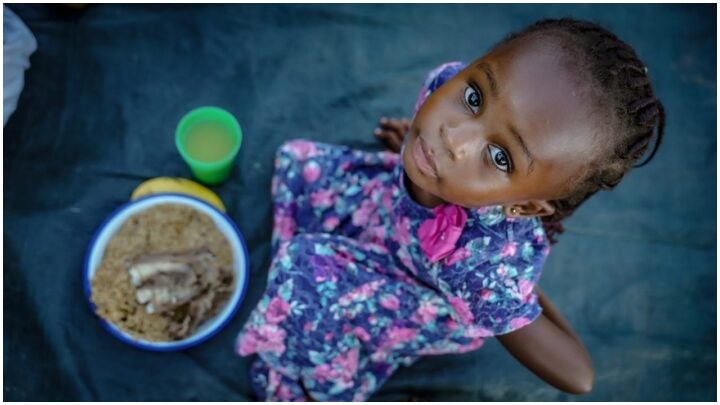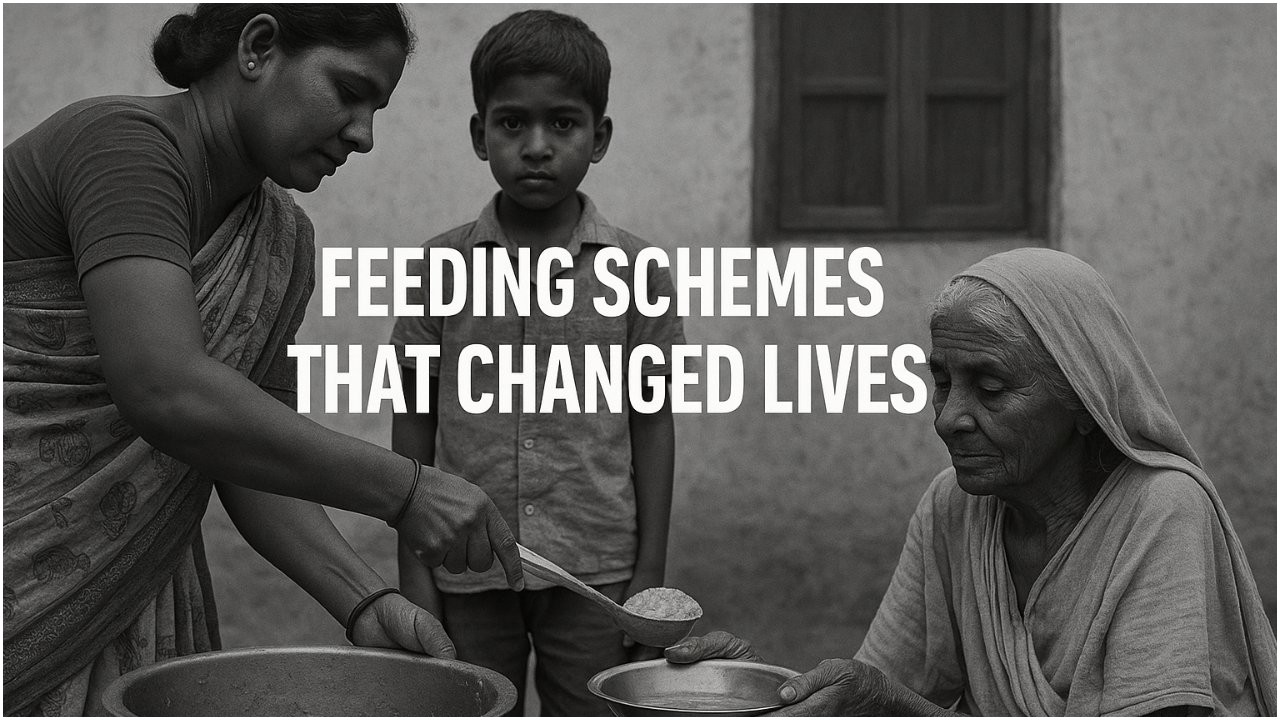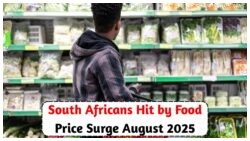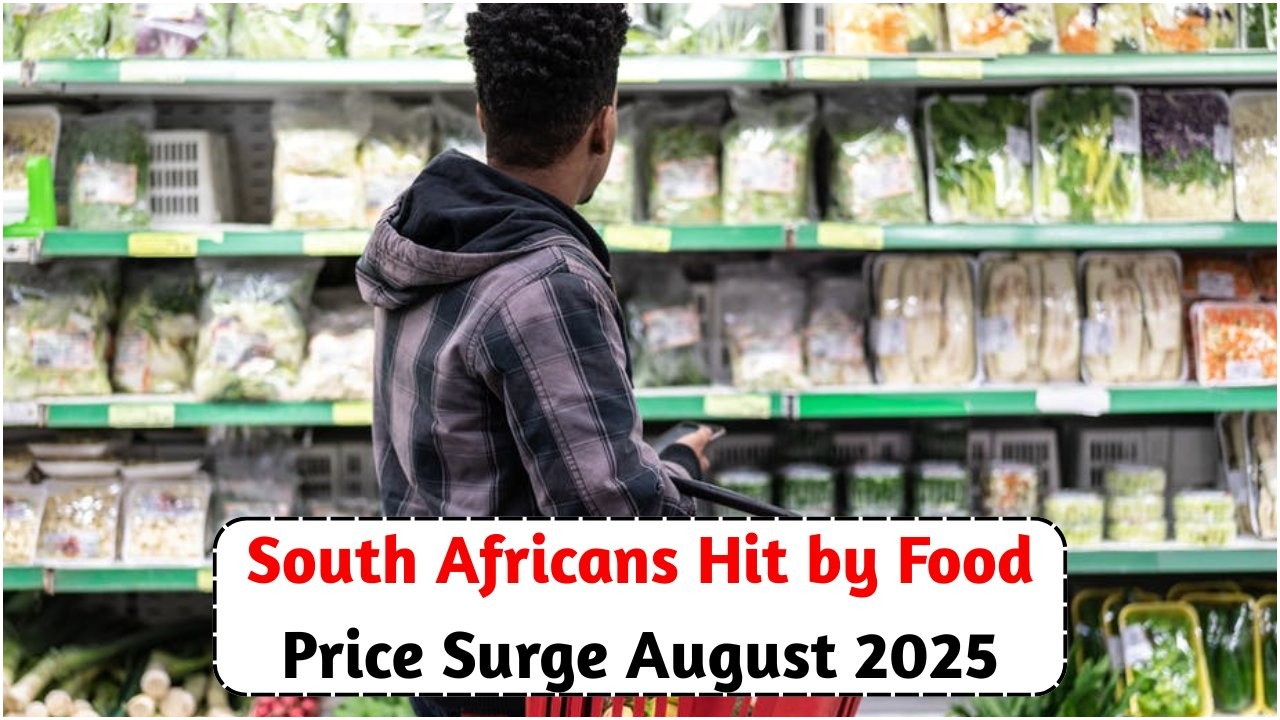Feeding Schemes – In times of crisis, true heroes emerge from the shadows—not with capes, but with casseroles, canned goods, and community spirit. One such inspiring story is that of Action in Isolation, a South African nonprofit initiative that reshaped the way feeding schemes operate during emergencies like the COVID-19 pandemic. This grassroots movement not only distributed meals but sparked a wave of hope, unity, and transformation in vulnerable communities.
What Is ‘Action in Isolation’?
‘Action in Isolation’ began as a volunteer-based relief effort in response to the nationwide lockdown during the early months of the COVID-19 pandemic in South Africa. With millions unable to work and government support delayed, thousands of households slipped into food insecurity overnight. Recognizing this urgent need, a group of concerned citizens, NGOs, and community leaders launched a series of feeding schemes to ensure that no one was left hungry during the isolation period.
How the Feeding Schemes Worked
Action in Isolation adopted a decentralized model that empowered community members to act locally, allowing food parcels and hot meals to be distributed efficiently. Their process was streamlined, transparent, and deeply personal. Here’s how it operated:
- Community Mapping: Volunteers identified households in need using local data and word-of-mouth referrals.
- Meal Preparation: Local kitchens were set up in schools, churches, and even private homes, where meals were cooked daily.
- Delivery Chains: Food was distributed via neighborhood volunteers who followed safety protocols.
- Nutritional Planning: Meals were balanced with essential nutrients—vegetables, starches, and proteins included.
- Monitoring & Feedback: Households gave regular feedback to ensure better coordination and inclusivity.
Impact on Local Communities
The feeding schemes under Action in Isolation changed lives in tangible and emotional ways. Let’s explore the major outcomes:
1. Saved Thousands From Starvation
Between March 2020 and January 2021, over 850,000 meals were distributed across Cape Town’s most affected suburbs like Khayelitsha, Mitchells Plain, and Delft. Each meal represented a day of dignity and survival.
2. Created Local Jobs
Though rooted in volunteerism, the initiative offered stipends to cooks, delivery teams, and coordinators, particularly empowering unemployed women and youth in the community.
3. Restored Community Bonds
Isolation had fractured social ties. These feeding schemes reignited Ubuntu—people checking on neighbors, helping elders, and teaching children to give back.
4. Inspired Long-Term Solutions
Schools and churches who once ran soup kitchens are now planning permanent food gardens, early nutrition workshops, and youth mentorship programs.
5. Boosted Mental Health
Food insecurity leads to anxiety, depression, and hopelessness. Consistent meals brought a sense of safety and predictability during chaotic times.
Real Stories from the Ground
“I went four days without food before Action in Isolation reached me. The meal that day saved my life.”
— Thabo M., Cape Town
“Cooking meals every day gave me purpose. I had lost my job, but this gave me pride and income.”
— Naledi M., community cook
“It’s not just the food. It’s that someone still sees me, still cares.”
— Margaret T., 76, Mitchells Plain
Partnerships and Collaborations
The success of this movement would not have been possible without partnerships:
- Gift of the Givers: Provided bulk groceries and logistical support.
- Community Chest: Donated sanitization kits and PPE for volunteers.
- Schools and Faith Centers: Offered premises and helped with beneficiary identification.
- Local Farmers: Supplied vegetables at subsidized rates.
- Tech Startups: Built a dashboard for tracking deliveries, donations, and reports in real time.
Funding and Transparency
Transparency was core to their philosophy. Weekly donation reports were published online, including:
| Month | Donations Received (ZAR) | Meals Served | Areas Covered |
|---|---|---|---|
| April 2020 | R 450,000 | 72,000 | 12 suburbs |
| May 2020 | R 620,000 | 98,300 | 17 suburbs |
| June 2020 | R 890,000 | 140,000 | 25 suburbs |
All donors—individuals or corporations—were tagged in public thank-you posts and encouraged to join delivery rounds or meal preps.

Lessons Learned
- Local trust is everything. Schemes succeeded where community leaders were involved directly.
- Speed beats perfection. In emergencies, rapid response trumps bureaucratic delays.
- Empathy scales. Even a small act—like one woman cooking for her street—sparked a ripple effect.
What’s Next for Action in Isolation?
Though COVID lockdowns have lifted, Action in Isolation has evolved into a year-round support network focusing on:
- School lunch programs
- Skills training in meal prep
- Nutrition and wellness outreach
- Youth volunteer programs
The dream is to replicate this model in other African cities where food insecurity remains a daily challenge.
FAQs of Feeding Schemes
Q1. What is Action in Isolation?
A1. It is a volunteer-run nonprofit that provided food relief during COVID-19 lockdowns in South Africa.
Q2. Who received the food support?
A2. Vulnerable families, elderly individuals, and unemployed citizens in underserved communities.
Q3. How was food distributed safely?
A3. Through masked volunteers using sanitizers and contactless delivery methods.
Q4. Are the feeding schemes still active today?
A4. Yes, many kitchens have evolved into long-term nutrition programs and school partnerships.
Q5. How can someone donate or volunteer?
A5. By visiting their website or social media pages and signing up for meal prep, delivery, or donations.










